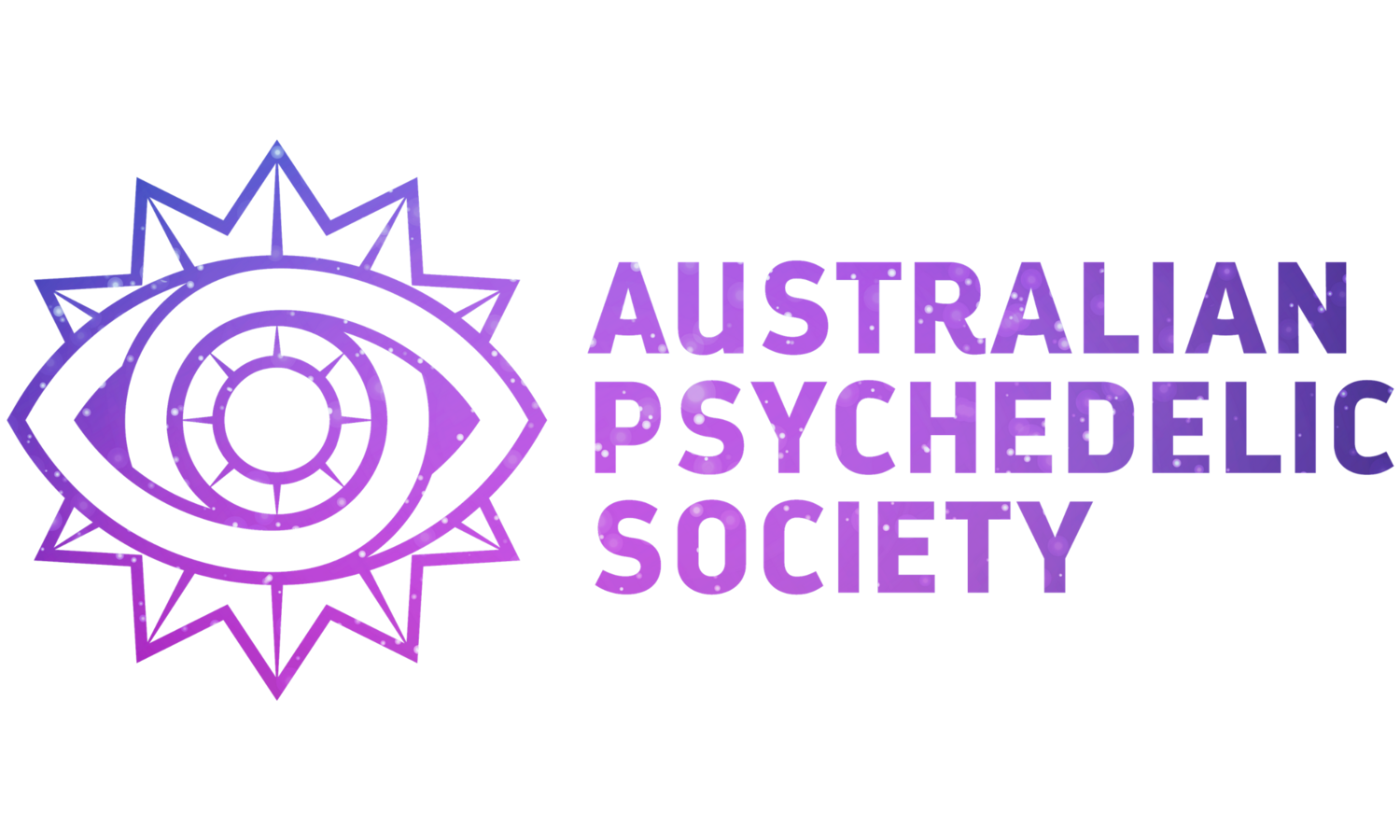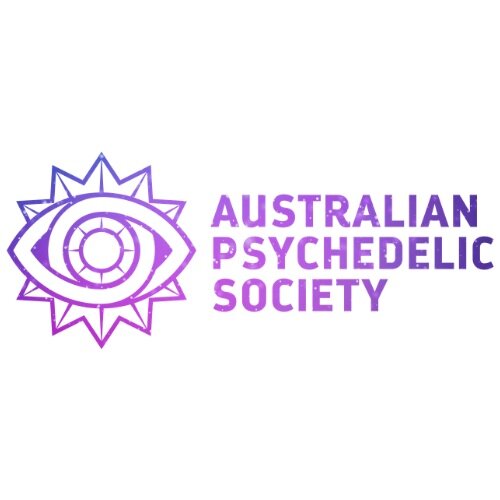Why you don’t need to stress about simulation theory.
There is often a bit of talk in psychedelic spaces about the possibility that we might be living in a simulation. From Descartes’ evil demon that perfectly deceives our senses, to Putnam’s Brains in Vats (BIVs) to Bostrom’s post-human computer simulation, a lot of ink has been spilled debating the idea that the world and our place in it might not be anything like the picture our everyday senses gives us.
For some, psychedelic or other mystical experiences can unsettle our confidence that reality is as it seems. I’m not here to say that the alternate realities or higher dimensions people perceive during psychedelic experiences actually exist or not. But I am going to argue that there is an important sense in which it doesn’t matter.
Here’s an adaptation of Hilary Putnam’s thought experiment about disembodied brains in vats. I’ve changed it to apply to simulations (because everyone knows that’s way cooler), but the argument works either way.
If you’re in a simulation, then you don’t have hands.
You don’t know that you’re not in a simulation.
Therefore, you don’t know that you have hands.
Is the conclusion worth really worrying about though?
For everyday purposes, probably not, since the only doubt you have about your hands is unrelated to the everyday experience of your hands. Imagine someone in a Matrix-style scenario, whose simulated body has lost its hands in a simulated accident, while their real body still has them. Would this person be comforted to be told that it’s OK because they ‘really’ have hands? How about the psychedelic version, where it’s fine because there’s no such thing as physical hands and we’re really all made from vibrations or something? I wouldn’t be very impressed in either case. Why? Because my lack of possibly illusory hands is more important to my everyday life than my ‘real’ ones, and the suffering that this causes me is most definitely real.
This fits with other ideas around what might be illusory. Our selves, the ‘I’ that is separate from the world, might be an illusion, and yet suffering occurs regardless (or possibly because of the illusion). Can you be wrong about physical injury being the cause of your pain? Yes. Can you be wrong about whether you had the experience of pain? That’s much less clear, and still hotly debated.
Of course, I’ve assumed any simulation we are in is perfect in the sense that, unlike Neo’s experience of the Matrix, there is nothing in what we perceive that gives us reason to think that the world around us is not what it seems. For those not familiar with BIV and deceiving demon scenarios, this is normal – we would hardly worry about whether we were in a simulation if we could tell the difference between it and reality.
This is where psychedelic experience complicates the philosophy a little.
Maybe we have been allowed to peek behind the curtain and see aspects of reality that are normally hidden from us. Even if you don’t buy that (and I’m not saying you should), at the very least psychedelics show that how we perceive the world and ourselves is not set in stone. Having experienced this, the ‘illusion’ may no longer feel as perfect as it once did.
But before people rush off and try to observe their way out of this philosophical quandary by taking the express train to hyperspace (where legal) and telling everyone that Descartes should have just smoked some Changa instead of sulking in an oven for three days, we need to put the brakes on.
If seeing reality as different causes you to think that maybe your everyday perceptions aren’t ‘real’, then why would you think that any perceptions were trustworthy? Psychedelics show that we can’t always trust our perceptions. But this applies just as much to any places or entities people perceive during these experiences. Maybe all the things we perceive are real. Maybe none of them are. The point is, no matter how much acid you take, you can’t perceive your way out of the fact that our perceptions might not be perfect.
Where to from here?
You could abandon observation and try to philosophise a solution. Or, you could lean into it, pragmatically accept that some things are uncertain and get on with your life. I can’t tell you how this choice would be for you, but from my own experience I know what helps me sleep at night, and it’s not trying to prove that I have hands by using pure reason. This pragmatism means that even though you can’t say for sure that things like motor vehicles ‘really’ are what they seem, you should stay out of their way. Your perceptions of moving objects are the culmination of millions of years of evolution, and even if you think reality is ultimately different, they are worth paying attention to.
But we should also pay attention to what we can be surer of. Experiences might not reflect reality, and the self might be illusory, but the experiences themselves are real. Importantly, the joy or suffering you experience is real. Doubly important is the fact that it’s real for everyone else too. So maybe the way forward is to not sweat the small stuff of whether the world is as it seems and take heart from the idea that if we cause joy and alleviate suffering, we’re doing something real, whether we’re in a simulation or not.

